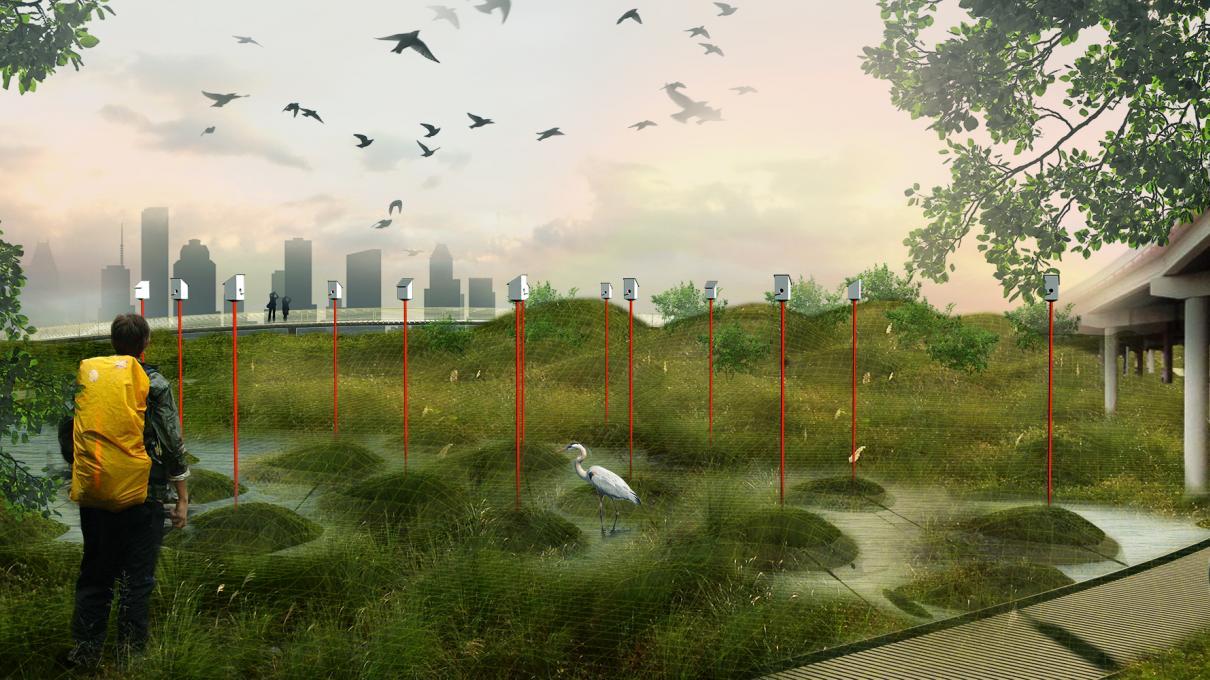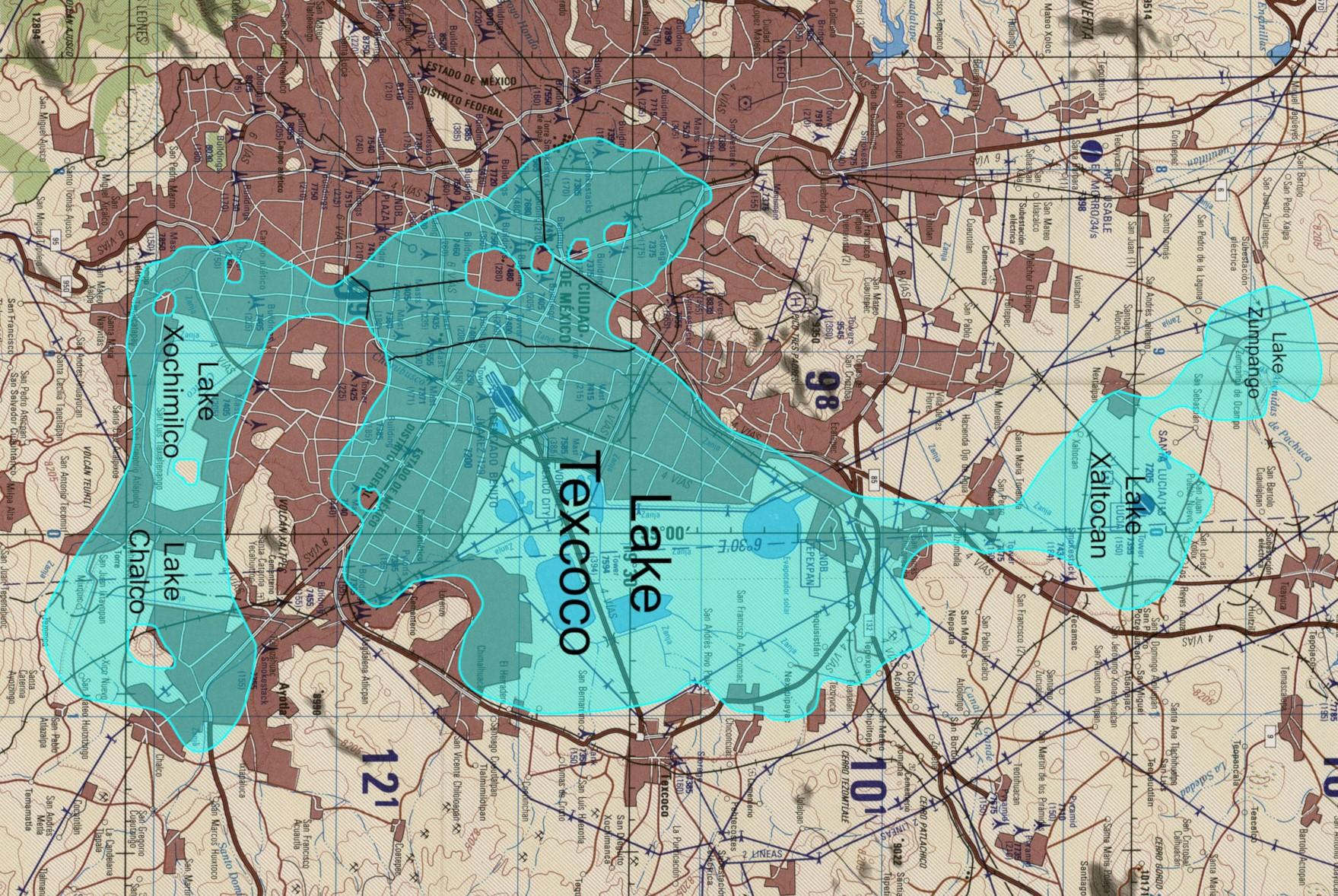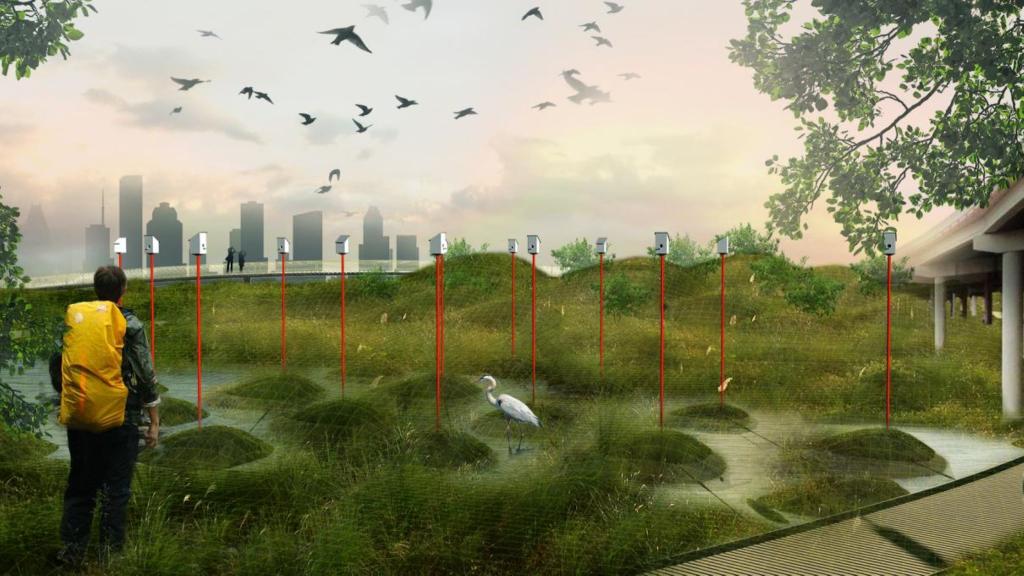PCF Talk #54 – Agenda Monthly Meeting – Hybrid
This is a hybrid event, please join in person, or via the zoom link below!
14:00 - 14:15
Introduction of the Day: Maurice Harteveld (TU Delft, PCF)
I Public Event
14:15 - 15:15
Chair: Maurice Harteveld (TU Delft, PCF)
Presenter: Dominic Boyer (Rice University)
Dominic Boyer is an anthropologist, media maker and co-founder of the field of Energy Humanities. His current research foci include (1) the politics of energy transition and decarbonization, (2) green infrastructure, environmental justice and civil power, and (3) climate adaptation in coastal cities. He co-directs Rice University’s Center for Coastal Futures and Adaptive Resilience (CFAR) and will direct its forthcoming Social Design Lab (SDL). Working together with Cymene Howe, their design for the world’s first glacier memorial was named a Finalist for a 2020 Beazley Design of the Year Award by the London Design Museum. The same project inspired The Economist to create its first-ever obituary for a non-human. The author of nine books and volumes and more than 100 research articles, Boyer’s latest book is No More Fossils (U Minnesota Press, 2023), an analysis of the fossil gerontocracy that seeks to hold us in its ecocidal grasp and the coming transition from petroculture to electroculture.
Title: Infrastructural Citizenship and Coastal Futures

Example of a raingarden for stormwater capture in Houston, Texas. Render by Heidi Nepf, Alan M. Berger, Celina Balderas Guzman, Tyler Swingle, Waishan Qiu, Manoel Xavier, Samantha Cohen, Jonah Susskind
This talk offers an introduction to the mission of Rice University’s new Center for Coastal Futures and Adaptive Resilience and its efforts to catalyze collaborative pathways toward greater equity, security and resilience in coastal industrial communities across the world. Then, I focus in on a case study drawn from my own ongoing research in Northeast Houston, specifically a community-engaged rain garden project meant to create a prototype for greater community control over flooding in one of Houston’s most flood prone areas. I characterize the community's experimental engagement with green infrastructure as an example of what might be called "infrastructural citizenship" (a kind of political community generated through civic engagement with infrastructural planning and implementation). In Northeast Houston, this citizenship expresses civil power to defy white supremacist legacies of technopolitical flood control that have left Northeast Houston extraordinarily vulnerable to catastrophic flooding. Yet this citizenship also expresses commitments beyond stormwater management, taking aim at inherited infrastructural logics and traditions associated with other norms of American petroculture (e.g., spatialized and racialized environmental toxicity, translocal supply chains). In contrast to the default petrosolidarity that ensnares the global North (and much of the global South) today. I argue that initiatives like the rain garden project suggest important pathways for coastal communities in their effort to build civil power to challenge and resist the logics of a racist settler petrostate and the conditions of ecological emergency it perpetrates.
15:15 - 15:30
Break
II PCF Community Engagement
15:30 - 16:00
Chair: Maurice Harteveld (TU Delft, PCF)
Presenter David Sauer (Postgraduate Student, TU Delft)
David Sauer is a Postgraduate with a Master of Science in Architecture from TU Delft and a Bachelor of Science in Architecture from HafenCity University, Hamburg. During his bachelor’s studies, he developed a strong interest in sustainability, focusing primarily on the intersection of architecture and water. He combined this interest with his social vision for his native Mexico City. His professional experience includes self-employment, winning a pavilion competition in CityNord, Hamburg, and involvement in residential and public projects.
Title: Parched Paradise: The Crisis of Modern Water in Mexico City and Building Collective Hydrofutures

Lake Texcoco and other systems superimposed on modern day Mexico City. Taken from WillyLogan.com
Mexico City developed in close connection with its extensive lake systems, fostering an equilibrium between socio-material life and natural elements. With the landing of the Spaniards and later the ambitions of Modernity, water was increasingly perceived to be incompatible with the vision of a modern metropolis. In the twentieth century, the advent of public water distribution under the paradigm of Modern Water marked the beginning of the end for the historic lakescape.
Centralized authorities systematically exploited the hydrological resources of the local and neighboring watersheds. Modern residents became mere consumers, losing their close relationship to water. From the outset, the needs of lower-income residents were often overlooked, leading to many water shortages to this day. Paradoxically, the city partially floods during the rainy season. Despite the dire environmental situation and the destabilizing influence of climate change, authorities appear committed to the current system.
Today, rethinking the subverted roles of the state, society, and the environment is essential for inspiring future community practices within urban contexts. The ejido system –a historic land and water management system in rural areas– has provided a spatial and social platform for long-term, sustainable water distribution for a century. By critically adapting core attributes of the ejido system to urban settings, residents could regain platforms for collective action, autonomy, and hydrological sustainability.
The Research proposes a design for an Ejido Assembly and foundational hydrological infrastructure within an irregular neighborhood on the western hillslopes of Mexico City. The design aims to celebrate sustainable and collective ways of living with water, resurrecting a water culture diminished under the paradigm of Modern Water.
16:00 - 16:15
Break
III PCF lighthouse projects and new opportunities
16:15 - 17:00
Matteo D'Agostino
Value Case Approach: Nijmegen Spiegelwaal
Robert Bartłomiejski
Book presentation: “Hustle and Bustle – The Vibrant Cultures of Port Cities”
Hustle and Bustle explores the movements, sites, sounds, and smells unique to port cities, and to the constant activity associated with the shipping and trade, migration, and transport that characterizes the spaces of port cities during day and night. Detailed case studies with a focus on European examples, from multidisciplinary perspectives, provide new approaches to reading port cities. The authors explore perspectives from planning to understand these unique conditions of port cities and their spatial, social and cultural conditions, and to inform new policies, plans, designs that acknowledge both the specific conditions of transshipment and associated nuisances of sound and smell, and of air and water pollution.
Contributors are: Vincent Baptist, Robert Bartłomiejski, Tianchen Dai, Carola Hein, Sławomir Iwasiów, Karolina Izdebska, Maciej Kowalewski, Urszula Kozłowska, Paul van de Laar, Beatrice Moretti, Nick Osbaldiston, Manuel Pacheco Coelho, Ewa Rewers, Dirk Schubert, Christoph Strupp, and Enrico Tommarchi

